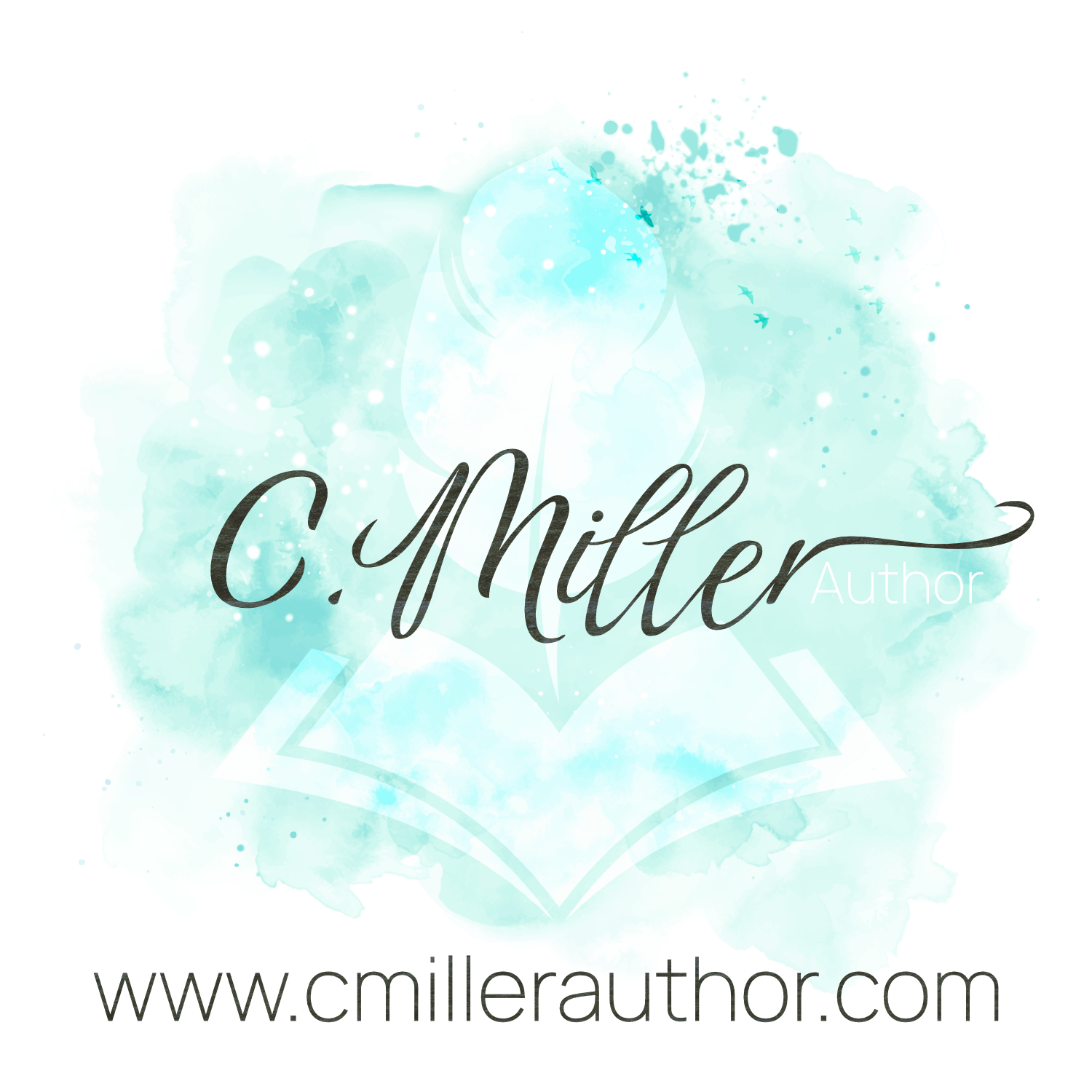Why?
Someone, please, tell me why.
I’ve heard it before. I read it somewhere a long time ago and have seen multiple things on that subject over the last several years. What’s bringing it up right now is that I read an article about it again a few days ago. I can’t remember from where, though I’m assuming I somehow found it by tap-tapping away on Twitter, as Twitter and Instagram are really the only things I check somewhat consistently. They’re both right next to each other on my phone, what can I say?
Anyway, I’m not really one to take things that I read on the internet at face value (WTF does that even mean? I’ve never even questioned the saying until right this second. Maybe it’s the Writer in me, but seeing something in front of your face doesn’t necessarily mean that you’re looking at it in the right way. Just saying!), but there seems to be some general consensus that agents, and the like, hate prologues.
Again, I ask anyone out there in the vast expanses of internetdom who can actually communicate back with me . . . WHY?
As a reader, I have no issue with them if they’re done well enough. The only one that’s ever made me stop, tilt my head, and make some sound that Scooby Doo tends to make (at least in my head), is the book that I was complaining about in a previous entry, which you can find here. It was out of place and made no sense whatsoever to what I actually got through in the book, but that’s neither here nor there and is only relevant whatsoever right now in me saying that, as a reader, I’ve never had an issue with them (apart from that one instance, at least that I can remember, which – knowing my memory – isn’t saying very much).
In fact, AS A READER, I tend to like prologues.
Take for example the beginning of Clockwork Angel by Cassandra Clare. The first few words in the actual BOOK part of the book are, The demon exploded in. That’s enough to get my point across, I think. That was enough right there to make me smile and think, “Yeah, I’m gonna like this book.”
Prologue.
Don’t smack me if I’m wrong in saying that it was a prologue, but I’m almost positive that it was. That book is currently in a box right now so I can’t take two steps and check for sure. I’d rather make an as– *cough* . . . butt out of myself.
Anyway, perfect use of a prologue right there. That scene was extremely relevant, but did not fit perfectly with the beginning of the STORY story.
I loved it.
Now, as a writer, I will also say that I CANNOT understand the issue with prologues.
When I was sitting down several years ago, writing the first scene of my first book . . . Well, um, I wrote it. I wrote it, and then I went to the next CHAPTER and, after the fact, realized that – while one could not be done without the other – they did not exactly . . . mesh, you could say. Hence my first prologue was written into existence.
Every single book that I have ever written has a prologue, and an epilogue.
In my (we’ll say HUMBLE) opinion, I think they’re great. And that has absolutely nothing at all to do with the fact that I write them, and everything to do with WHY I write them.
I can understand the issue with them when they’re used for info-dumping, but at the same time . . . I don’t know.
Maybe I’m the only person seeing a difference between bringing a story up to speed in a way that doesn’t fit 100% WITH the story and info-dumping. I know some people are fond of flashbacks (one of my very good friends is fond of them, in fact), but I only am to a certain extent. The first book in my first series has flashbacks out the as– *cough* wazoo. I hated it. I absolutely hated it. I would rather have a prologue with JUST THE RIGHT information than those flashbacks. That’s personal preference, both in writing, and reading.
I just don’t understand why a book would be entirely disregarded (as that was the statement made in the article I read) for having a prologue. A prologue doesn’t mean that it’s info-dumping. A prologue doesn’t mean that the story will be horrible, or the writing atrocious. Where in the world is that stigma coming from? Can anyone out there fill me in? Because, honestly? I just think it’s a load of bulllll- *cough* bologna.
Am I the only one that thinks bologna is a funny word?
I’m giggling a little right now, I’m not gonna lie.
My Point:
When written well, and done well, a prologue can add fantastic things to a story, in my opinion.
That’s all.
And did anybody get the whole Lost reference? Or no?

Leave a reply to cnmill Cancel reply